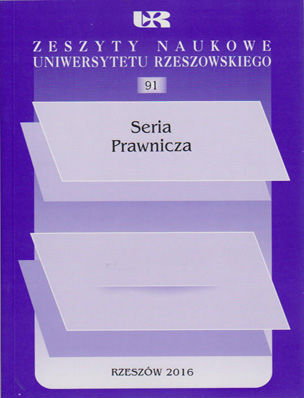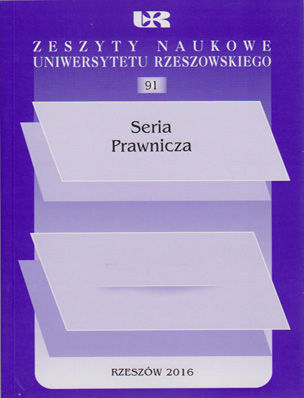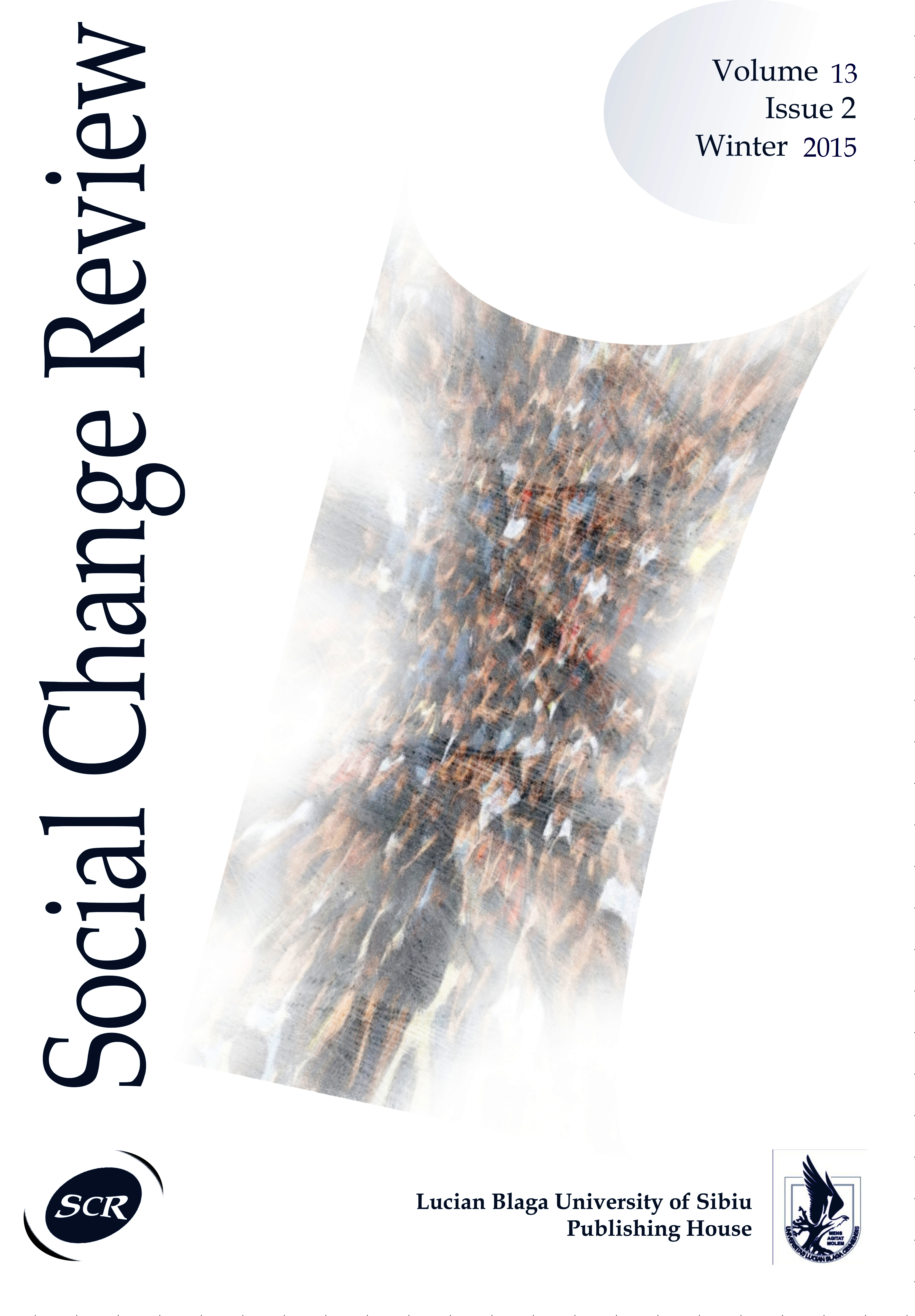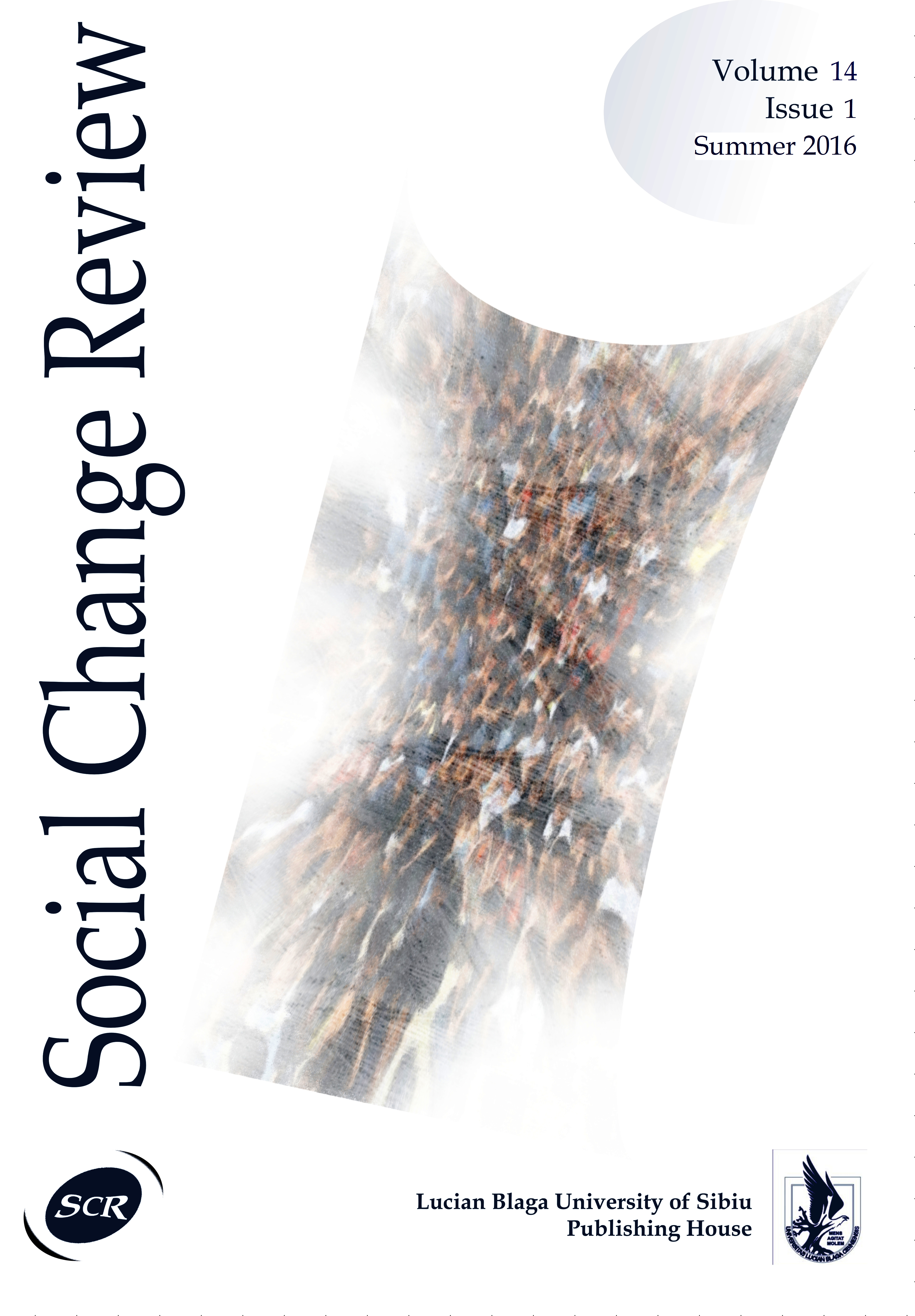
Review of TIMESHARE ACT. COMMENTARY
BEATA SAGAN, USTAWA O TIMESHARE. KOMENTARZ, WARSZAWA 2014, SS. 150
Keywords: Timeshare Act; commentary; contracts
The need to draw up Timeshare Act resulted from the necessity to implement the Directive of the European Parliament and the Council 2008/122/EC, dated 14.01.2009, on the protection of consumers in respect to certain aspects of timeshare, long-term holiday products, resale and exchange contracts. Timeshare means the right to use an object, predominantly real property, at specified, regularly recurring time intervals each year. In terms of its functions timesharing is linked with services of tourism industry. It is most frequently applied in order to acquire the right to use properties situated in locations attractive for tourists. This is the subject of the commentary reviewed here. The Author presented a synthetic discussion of issues linked with timeshare contracts as well as related agreements connected with long-term holiday products, resale brokerage and participation in resale system, particularly taking into account legal regulations protecting consumer as a weaker party in a legal relationship. Additionally presented, there are standard forms for the aforementioned contracts, including a template for terminating a timeshare agreement. The commentary was written in fine and precise legal language. It makes reference to the basic rules of the civil code, supplemented with judicial decisions. Opinions presented by the Author are not only based on legal source materials but also on extensive literature relevant to the subject. Notably, the right proportions were maintained between theoretical deliberations and the needs of trading practice. The reviewed commentary is undoubtedly an interesting publication, targeting not only tourism industry but also practicing lawyers and consumers.
More...


